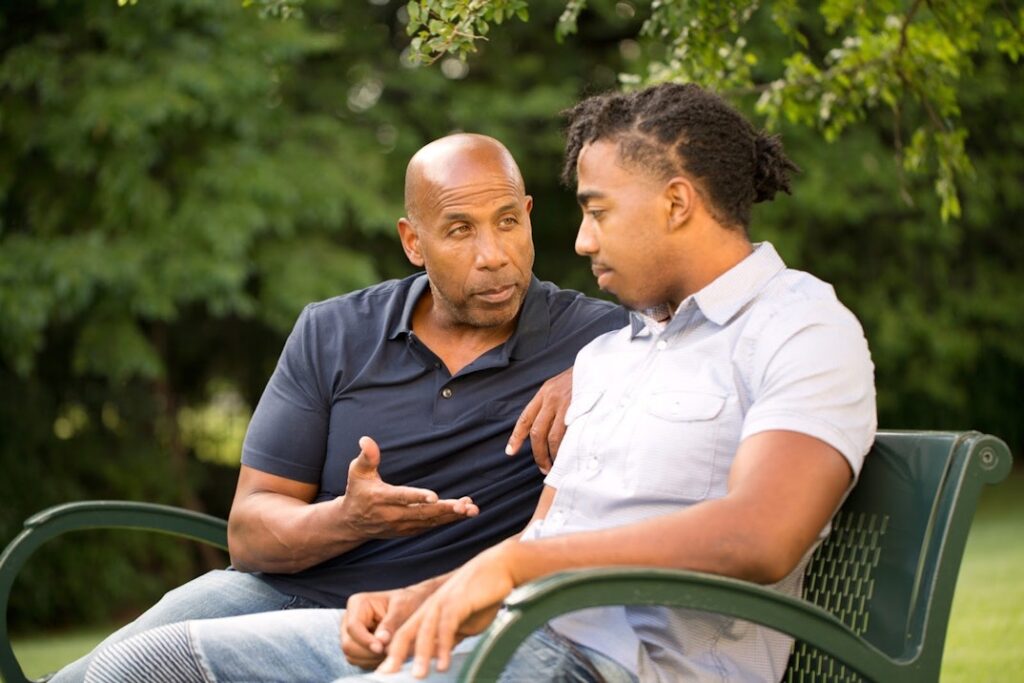Over 100 million American’s are now fully vaccinated in the U.S. and vaccinations are readily available for all. While both are remarkable achievements, throughout the country we are still seeing stark disparities in vaccine distribution and administration across economic and racial lines, with the vaccination rate for Black people being just half that of white people. This disparity is being perpetuated by two intertwining forces, one internal and the other external: mistrust on the part of Black Americans towards the vaccine, on one hand, and historical and systemic factors on the other.
Tulane University’s Dr. Thomas LaVeist, dean of the School of Public Health, has recently been addressing both of these forces in the media. In an interview with Stephanie Ruhle on MSNBC, Dr. LaVeist pointed out that the Black community’s mistrust is not solely limited to, nor exclusively targeted towards, the vaccine. Rather, it’s an overall suspicion towards the U.S. healthcare system in general, one that is largely justified due to unjust treatment and unequal access. While many in the media have been referencing the infamous Tuskegee experiments as a historical source of animus, it is not necessary to go that far back in history. As LaVeist points out, Black people receive unequal treatment in healthcare to this very day, no matter what the public health concern.
“You could swap out COVID vaccinations and put in hypertension,” he’s quoted as saying in an article in The New Orleans Advocate. “You could put in homicide. You could put in cardiovascular disease or any health outcome, and it’s the same communities.”
What is the cause for this unequal access? While it is a complex issue, LaVeist tells us that one reason has to do with the longstanding racial segregation of the United States.
“Because of the segregation,” he explains in the MSNBC segment, “the healthcare infrastructure of the country is not distributed evenly across all communities, and communities of color are communities that disproportionately don’t have access to that infrastructure.”
Such infrastructural disparity has led to “vaccine deserts,” in which communities that are poor, rural, Black, or some combination thereof are not able to physically access the vaccines. Even if the state’s vaccine supply is sufficient, if there is only one hospital and one pharmacy serving multiple counties, for example, then unless people have the time and resources to travel long distances they simply will not be able to get vaccinated. This is why, LaVeist explains, quoted in the Intelligencer, “We’re having to find creative ways to utilize other infrastructure and communities that don’t have hospitals or pharmacies or clinics that can manage… We’re looking at things like schools, community centers, churches, community-based organizations, and other nontraditional infrastructure.”
An example of this kind of creative use of infrastructure were the city-run, walk-up COVID testing sites set up throughout New Orleans last spring, which a study published last week found were helpful for underserved communities with less access to clinics and pharmacies. Instead of waiting for people to travel long distances to access services, this community-based intervention brought the services to where the people lived, and the result was that Black, Asian, and elderly people living in the city were all more likely to get tested. Because while Black people make up approximately 60% of the city’s population, as LaVeist reminded readers of The Lens, “The entire country is dramatically racially segregated, and New Orleans is no different.”
But even with creative solutions being implemented, there is another sizable barrier getting in the way. Many Black Americans are wary of trusting the U.S. healthcare system, and since vaccine development and distribution falls under that system, it naturally follows that they would feel mistrustful of the vaccines as well. It is a mistrust, moreover, that in this case is justified due to the aforementioned inequality of the healthcare system and the historical mistreatment of Black Americans on the part of the scientific and medical establishment.
Yet despite this, LaVeist stresses that Black Americans must overcome the suspicion and mistrust they feel towards the Covid-19 vaccines because these vaccines have been found to be safe and effective. In an op-ed in the New York Times, co-written with Georges C. Benjamin, he urges Black people to do everything they can to claim any available vaccination appointments, not least of all because of the tragic and disproportionate impact that the Covid-19 pandemic has had on the Black community. And he is one among 60 Black members of the National Academy of Medicine who are all on the same page about this, 60 members who, as LaVeist explains, “fought our way into healthcare professions specifically to care for our community,” and who came together to make a public service announcement video urging Black Americans to “claim your place in line to get vaccinated.”
“Many of us fought our way into health professions specifically to care for the health of our community,” he writes. “We have devoted our careers to ensuring that everyone – regardless of race – receives the care required for optimal health. This is why we support the Covid-19 vaccines.”
